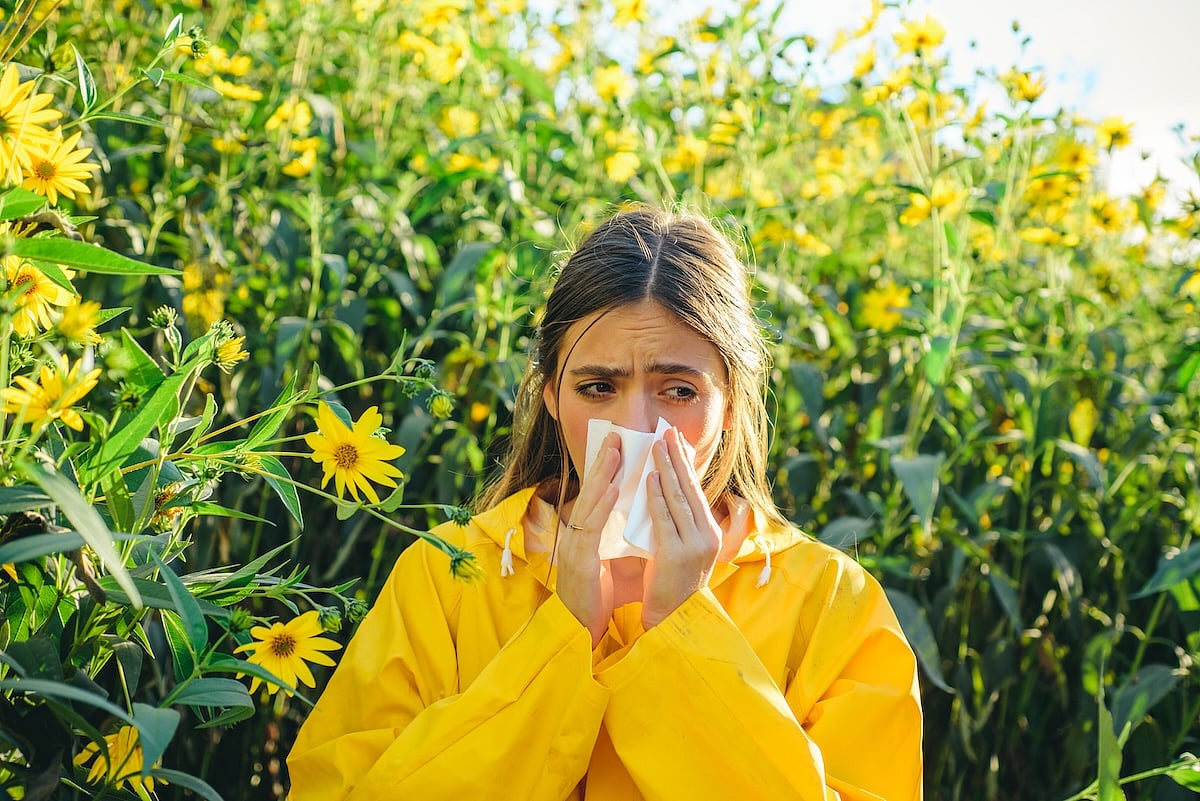Get Healthy!

- Dennis Thompson
- Posted April 11, 2025
Seasonal Allergies Likely To Grow Worse Under Climate Change
Spring is officially here, and with it comes watery eyes, stuffy noses and constant sneezing for people with seasonal allergies.
And climate change means things are only going to get worse for allergy sufferers, a new evidence review suggests.
Allergy seasons are expected to get longer and grow more intense as climate change progresses, researchers say.
Total pollen emissions are projected to increase as much as 40% by the end of the century, as pollen concentrations increase under climate change, researchers reported April 9 in the journal The Laryngoscope.
In addition, the pollen season could be as much as 19 days longer, researchers project.
While seasonal allergies might seem little more than a bother, they actually pose a serious drain on health care resources that will only grow as climate change progresses, researchers said.
“While it may not be well understood by health professionals, the financial strain of this increasingly prevalent disease cannot be understated,” the research team led by Alisha Pershad, a third-year medical student at the George Washington University School of Medicine, said of seasonal allergies in a news release.
“The burden is approximately $3.4 billion, most of which is attributable to prescription medication costs and outpatient visits,” the team wrote.
For the study, researchers analyzed data from 30 previous studies, of which 16 reported longer pollen seasons or higher pollen concentrations related to climate change.
The studies also found that:
Ragweed pollen tends to grow faster, flower earlier, and produce more pollen in urban areas affected by higher temperatures greenhouse gases like carbon dioxide.
Cases of seasonal allergies have been increasing with pollen counts.
Heavier pollen loads are producing more severe allergy symptoms.
Doctors have noted changes in the pollen season and how they’ve increased cases of seasonal allergies.
“Physicians are uniquely positioned to witness the impact of allergic rhinitis on patient outcomes and can adapt their practice as climate change intensifies,” Pershad said.
“As trusted voices in the community, they should leverage their frontline experience to advocate for meaningful change in addressing the climate crisis,” she added.
More information
The Asthma and Allergy Foundation of America has more on allergy capitals in the United States.
SOURCES: The Laryngoscope, April 9, 2025; American Laryngological, Rhinological and Otological Society, news release, April 9, 2025
